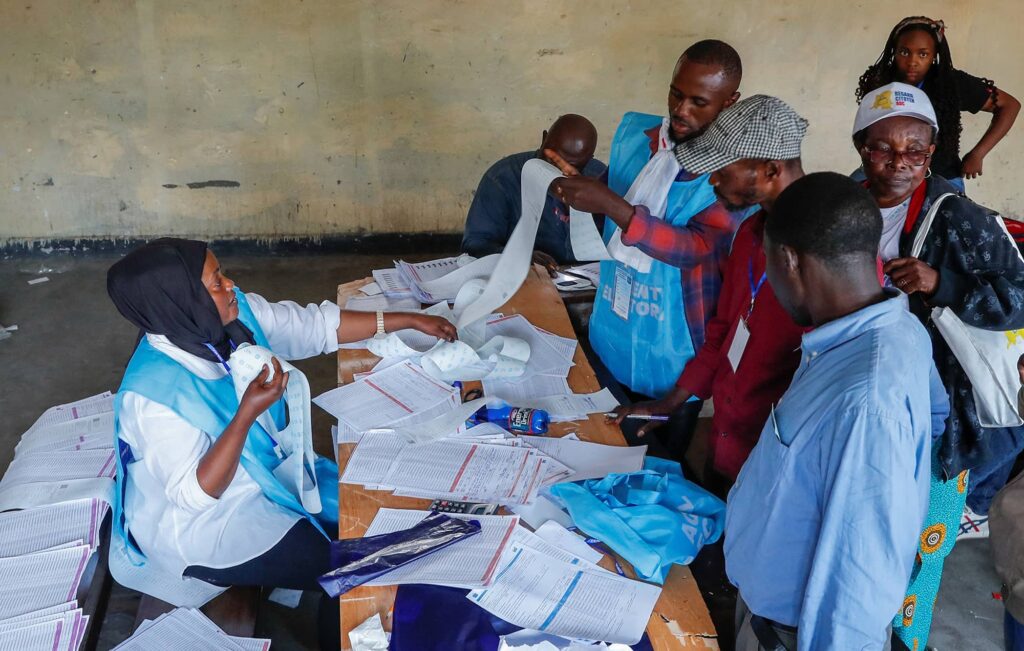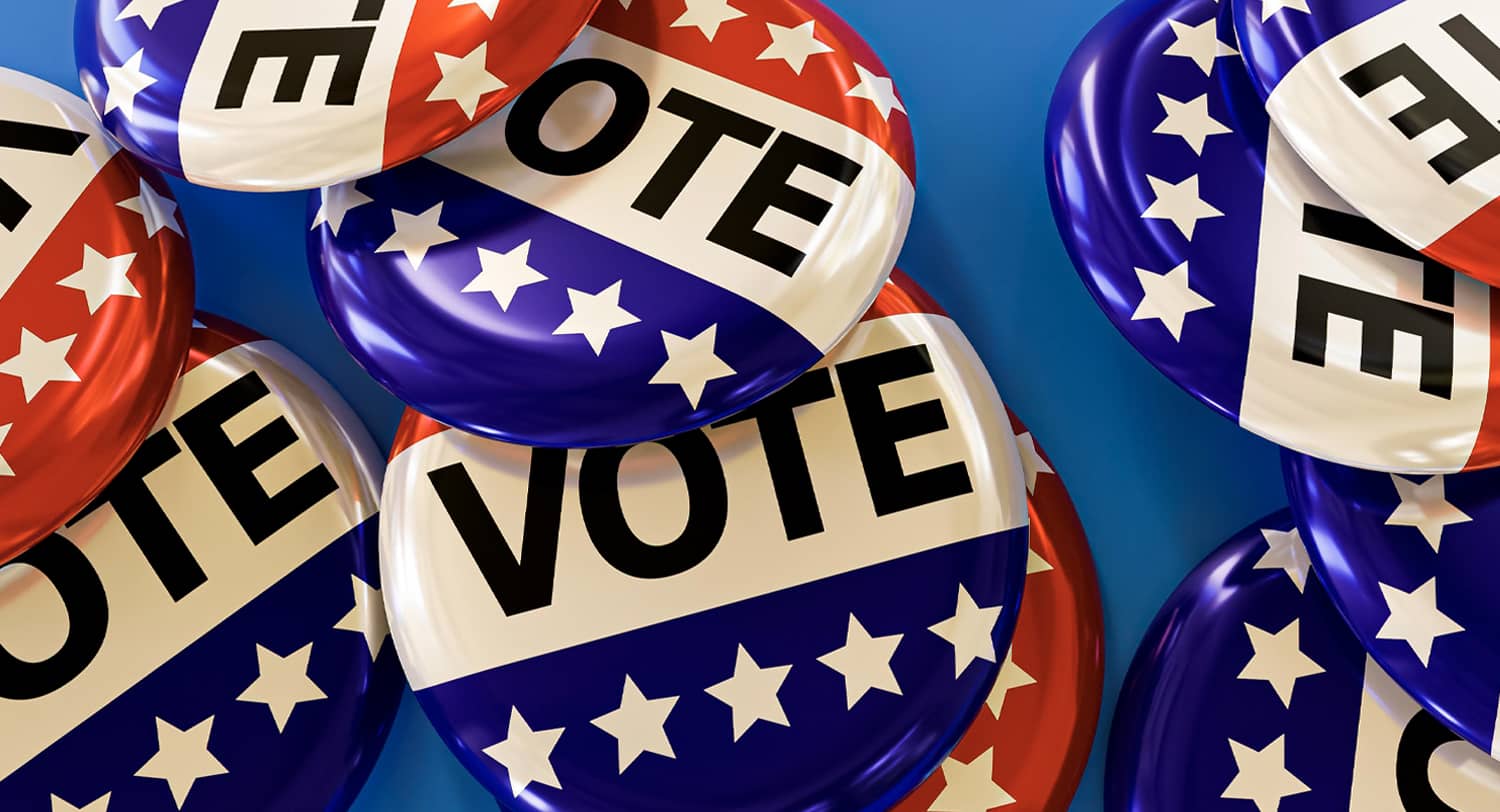Some two billion people, or around one half of the world’s population, will have the opportunity to vote in 2024. No matter the outcome of these elections, 2024 will be a turning point – a time of choosing between democracy and darker outcomes.
These elections are taking place against a backdrop of weakening independent institutions in a number of major democracies and a creeping disillusionment among young people with the very point of elections. These elections are also taking place in an international context of war and international tensions which fuel regressive and ultra-nationalist ideologies.
The rise of populism is the result of several socio-economic factors, but the criticisms made by young people in Europe, America and elsewhere are that democracies are clumsy in responding to social demands and have failed to combat corruption and injustice.
The consequences are skyrocketing levels of social anxiety and declining levels of moral authority within democratic countries. All this encourages young people to further abandon the notion of democracy and to throw themselves into the arms of populism.
In Africa for example, a series of military coups, partly reflects the exasperation of young people in the face of mostly rigged election results, which explains young people’s support for juntas.
The role of America is important, and must involve increased pressure for real free and fair elections in Africa in order to remedy the deficiencies of 2023. US attention and resources can help reverse this trend in 2024. Support should include a renewed focus on strengthening critical elements for successful elections, including voter registration, campaign finance, election observation, poll worker capacity and quick vote counting. This is the only way to restore confidence to these African youth who have lost confidence in their leaders.

For more than seven decades, the United States has been the backbone of a multilateral system. The ambition underlying it is that of greater peace, stability and prosperity. Washington believes that the chances of success are greater if it works collectively with its partners rather than alone. As imperfect as the US-backed multilateral order may be, it incorporates a set of principles and rules that helps increase predictability, transparency and trust.
The world today is plagued by problems that cannot be solved by a single country, no matter how powerful it may be. Russia’s war in Ukraine demonstrated the power and necessity of Western unity. The war between Israel and Hamas shows the need to forge a strategy for a post-Hamas Gaza. First, there is no possible governing authority for Gaza and West Bank until there is security for Israel and the Palestinians. Security is required for there to be any reconstruction, and before any possible reliable governing authority for Palestinians.
The international community is looking to the Palestinian Authority as part of a solution. This is a possible option if only Israel, the United States and other regional powers determine that the Palestinian Authority is best positioned to help govern Gaza, then Washington should offer a robust package of aid to strengthen democracy and Palestinian institutions. Strict safeguards must also be put in place to prevent the diversion of these US-provided resources.
Iran poses a danger to the entire region, especially after its alliance with China and Russia. But despite this new alliance, Washington’s fundamental interests in the Middle East are not seriously harmed. Iran has not achieved regional hegemony. American deterrence, combined with local resistance to Tehran’s sectarian and oppressive model, has prevented Iran from establishing regional dominance.
The United States must exert more pressure on Iran, otherwise Arab countries, particularly in the Gulf, adopt courses of action detrimental to American interests.
America’s first responsibility should be to regain the trust of its regional partners by ensuring their security.
The threat from Iran and its proxies can only be managed through serious cooperation with regional partners, focused on restoring peace and creating a potent mix of robust defensive and offensive capabilities.
For decades, America has been the essential arsenal and guarantor of the free world. The demand for American leadership and multilateral solutions is great. The need for a new multilateral effort to address critical social and economic issues is increasingly urgent.

